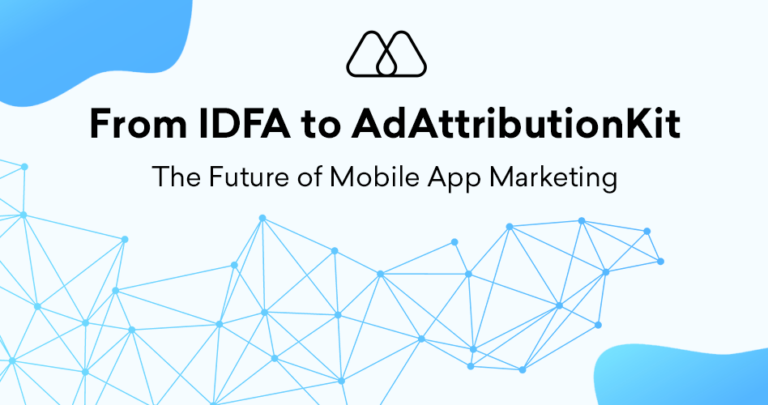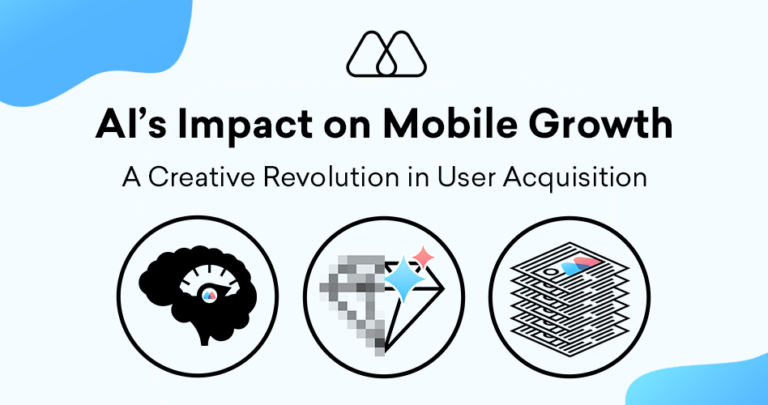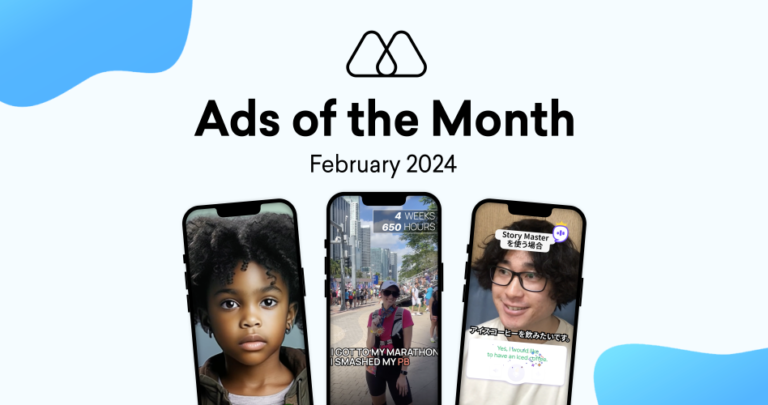In the fiercely competitive landscape of mobile applications, user acquisition is just the first hurdle. The true challenge lies in keeping users engaged and actively interacting with your app. Mobile app engagement refers to the level of user interest and interaction within your app. High engagement translates to users spending more time within your app, returning frequently, and ultimately, deriving value from your offered experience. This article explores the importance of mobile app engagement in the advertising industry, delves into key metrics for measurement, and provides actionable strategies to foster a loyal and engaged user base.
Why is Mobile App Engagement Critical in Mobile Advertising?
For mobile app advertising companies and app developers alike, user engagement is paramount for several reasons:
- Increased Ad Revenue: A highly engaged user base presents a more valuable audience for advertisers. Users who spend more time in your app are more likely to see and interact with ads, leading to higher click-through rates (CTR) and overall ad revenue for you and the advertiser.
- Improved User Retention: Engaged users are less likely to churn and abandon your app. You cultivate a loyal user base that provides long-term value by fostering engagement. Retaining existing users is significantly more cost-effective than constantly acquiring new ones.
- Enhanced Brand Advocacy: Engaged users become brand advocates. They are most likely to leave positive reviews, recommend your app to others, and contribute to a positive brand image. This organic user acquisition through word-of-mouth marketing can be highly effective.
- Data-Driven Optimization: Engaged users provide valuable data through their interactions. This data can personalize the user experience, optimize ad targeting, and tailor future app features to resonate better with your audience.
- Lifetime Value (LTV) Boost: By fostering an engaging experience, you encourage users to invest more time and potentially money within your app. This translates to a higher lifetime value (LTV) per user, ultimately boosting your app’s profitability.
Key Metrics for Measuring Mobile App Engagement
To gauge the effectiveness of your engagement strategies and identify areas for improvement, it’s crucial to track a set of key performance indicators (KPIs):
- Daily/Monthly Active Users (DAU/MAU): These metrics represent the number of daily or monthly users interacting with your app. A rising DAU or MAU indicates a growing and engaged user base.
- Session Length: This metric measures the average time users spend actively using your app per session. Longer session lengths indicate a more engaging experience.
- Session Frequency: This metric tracks how often users return to your app within a specific timeframe. A higher session frequency suggests a more habitual and engaged user base.
- Retention Rate: This metric reflects the percentage of users who return to your app after a certain period of inactivity. A high retention rate signifies successful engagement strategies.
- In-App Activity: Track specific user actions within your app, such as completing levels in a game, making purchases, or participating in social features. Higher in-app activity levels indicate a deeper level of engagement.
- Push Notification Opt-in Rate: The percentage of users who opt-in to receive push notifications indicates their willingness to stay connected with your app.
- App Reviews and Ratings: Positive reviews and ratings suggest a satisfied and engaged user base. Conversely, negative reviews can highlight areas where engagement might be lacking.
Strategies to Enhance Mobile App Engagement
Here are some key strategies you can implement to increase mobile app engagement and cultivate a loyal user base:
- Prioritize User Onboarding: The first impression matters. Create a smooth and informative onboarding process that guides users through the app’s core functionalities and showcases its value proposition.
- Deliver Value Early and Often: Ensure users experience the core benefits of your app quickly. Provide clear calls to action (CTAs) that encourage exploring key features and functionalities.
- Personalized User Experience: Utilize user data and analytics to personalize the app experience. This could involve content recommendations, tailored offerings, or dynamic difficulty adjustments based on user behavior.
- Gamification: Incorporate game mechanics like points, badges, and leaderboards to encourage friendly competition and motivate continued engagement. Consider integrating rewards for completing tasks or achieving milestones.
- Compelling Content and Updates: Regularly offer fresh content, features, or challenges to keep users returning for more. This could involve new levels in a game, exclusive content for loyal users, or seasonal events.
- Community Building: Foster a sense of community within your app. Enable user interaction through forums, chat functionalities, or social features. This can create a sense of belonging and encourage long-term engagement.
- Push Notifications (Used Strategically): Utilize push notifications strategically to deliver relevant updates, personalized recommendations, or time-sensitive offers. However, avoid bombarding users with excessive notifications that can lead to frustration and opt-outs.
- A/B Testing and Optimization: Continuously A/B tests different app features, functionalities, and user interface (UI) elements. This data-driven approach helps you to identify what resonates best with your users and optimize the app experience for maximum engagement.
- Incentivize App Reviews and Ratings: Encourage users to leave positive reviews and ratings by offering incentives like in-app rewards or exclusive content. Positive reviews can significantly boost user acquisition and engagement.
- Omnichannel Marketing: Expand your reach beyond the app itself. Utilize social media, email marketing, and influencer partnerships to keep users engaged and informed about app updates, new features, and exciting content.
- Prioritize User Feedback: Actively seek user feedback through surveys, in-app feedback options, or social media interactions. Analyze this feedback to identify areas for improvement and address user pain points to enhance the overall app experience.
5 Key Takeaways from Mobile App Engagement
- Engagement is the Lifeline: High user engagement is crucial for maximizing ad revenue, retention, and overall app success.
- Data-Driven Decisions: Track key metrics to measure engagement and identify areas for improvement.
- Prioritize Value & Personalization: Deliver early value, personalize the user experience, and offer compelling content to keep users engaged.
- Community & User Feedback: Foster a sense of community and actively seek user feedback to refine your app and engagement strategies.
- Continuous Optimization: A/B testing, analyzing data, and optimizing your app for maximum user engagement and long-term success.
Understanding the importance of mobile app engagement empowers you to develop winning strategies that keep users returning for more. By prioritizing user experience, delivering value, and fostering a sense of community, you can cultivate a loyal and engaged user base that drives sustainable growth, maximizes advertising revenue, and positions your app for long-term success in the ever-evolving mobile landscape.




